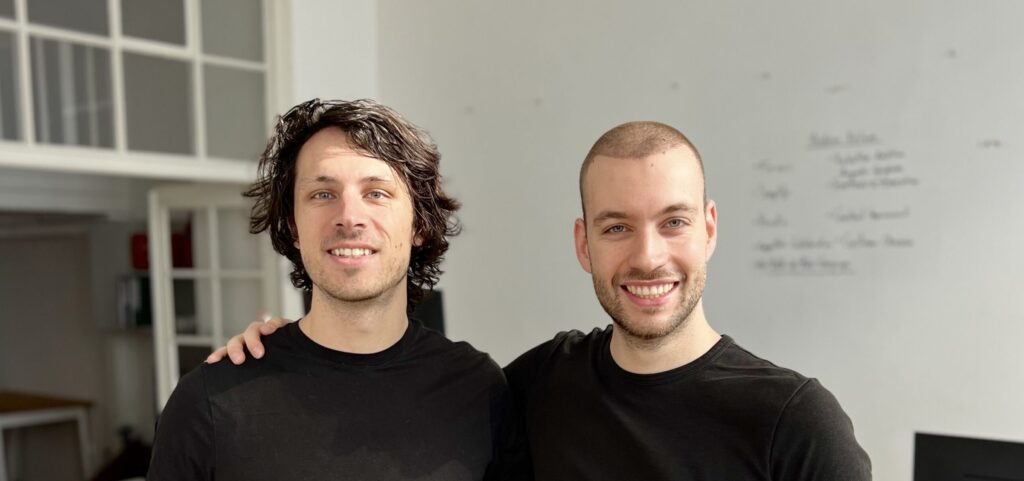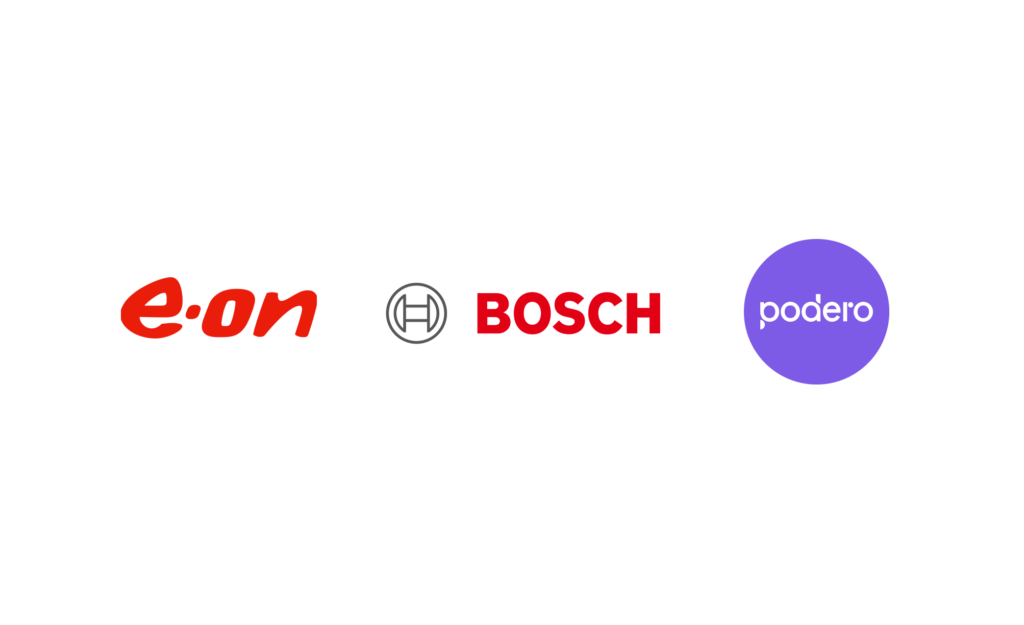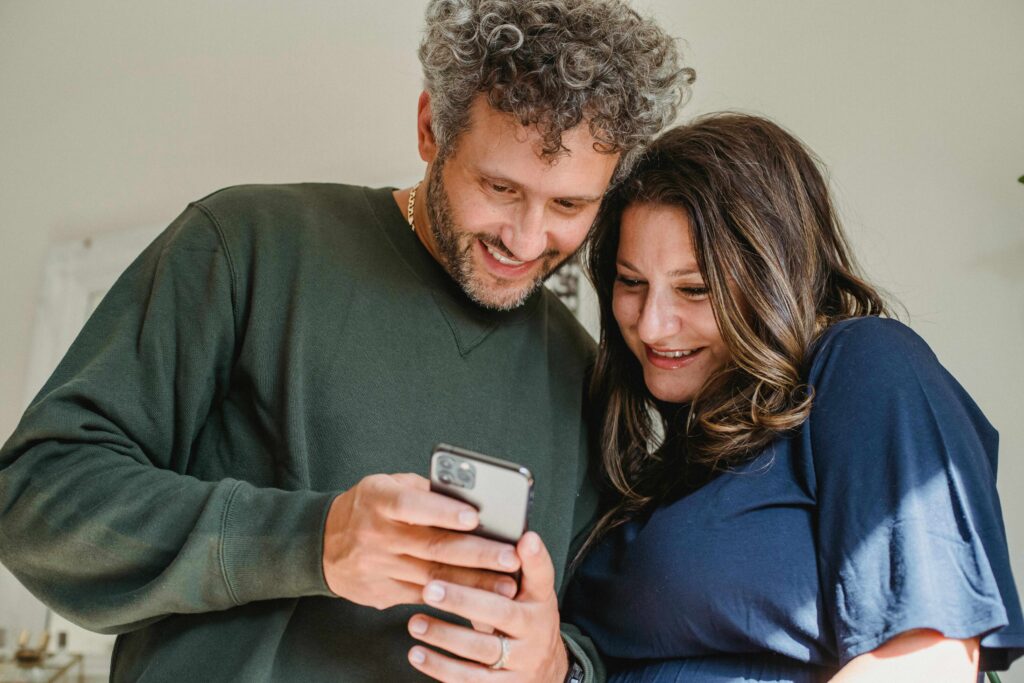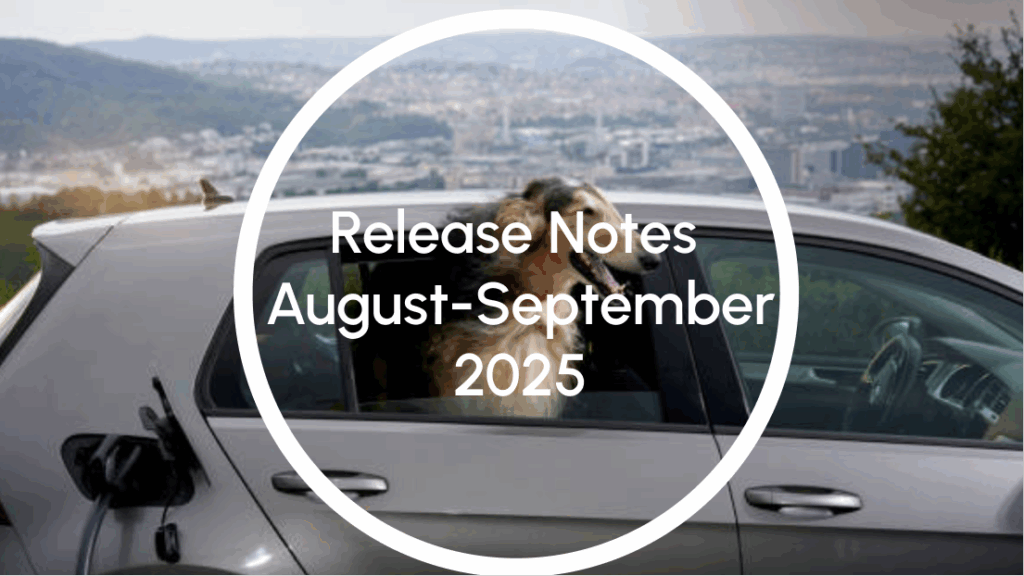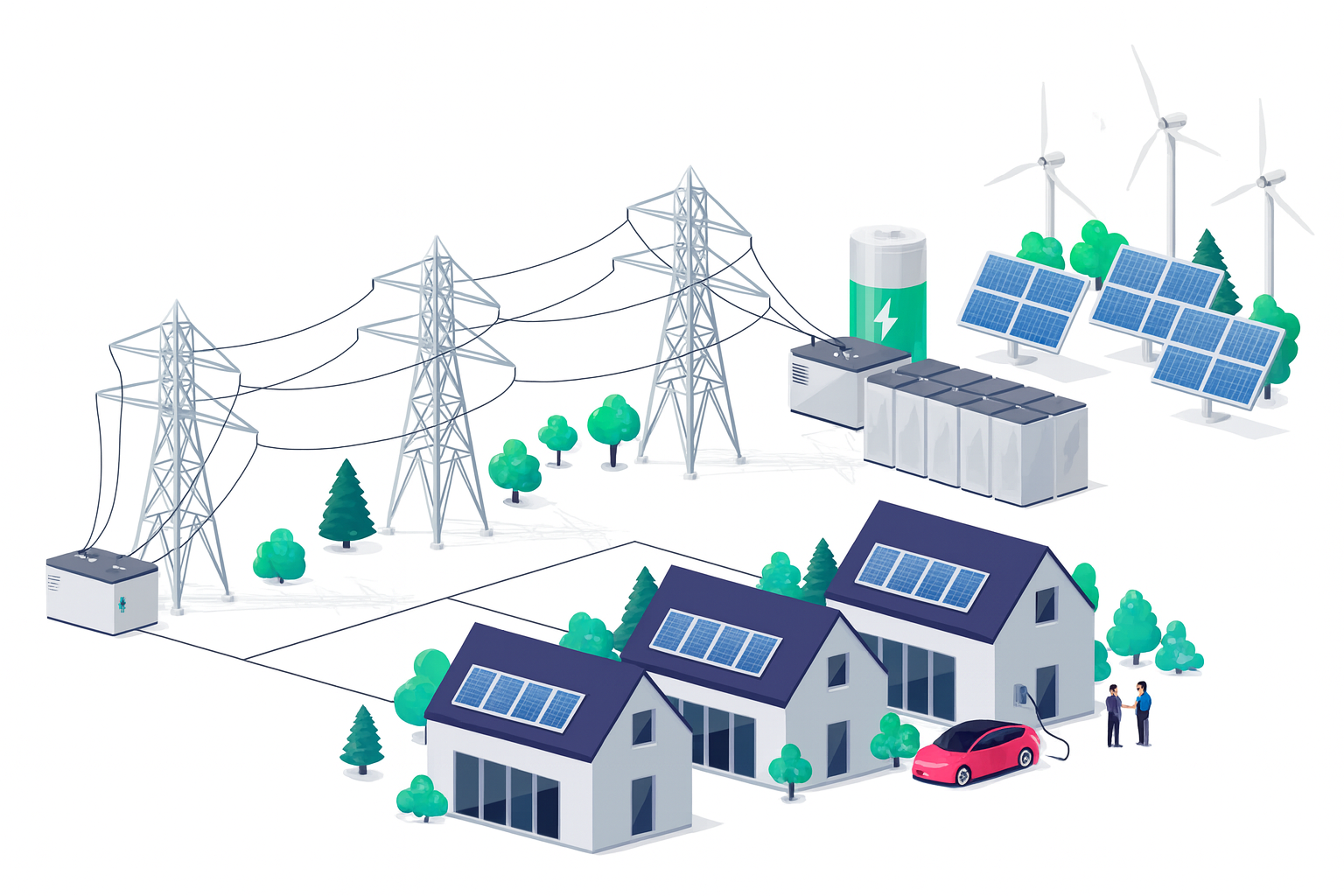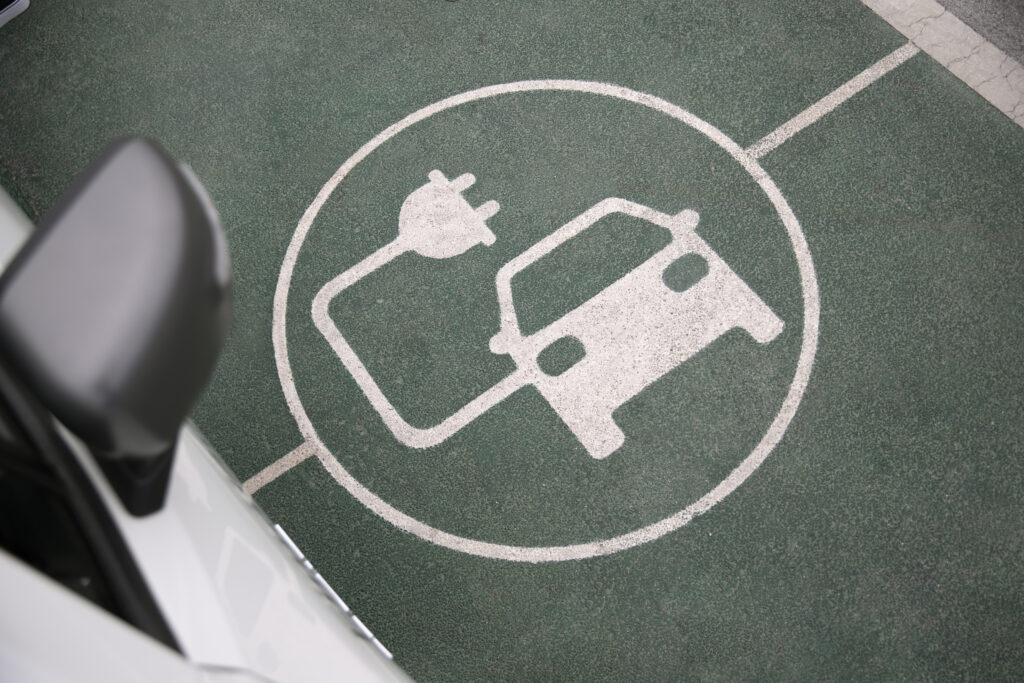Our founder and CEO, Chris Bernkopf, recently sat down with the ClimateTech podcast to discuss Podero’s mission, our recent fundraising success, and the future of distributed energy resources.
Transforming how utilities manage energy
The conversation explored the opportunity to revolutionize the energy sector by helping utilities balance power loads through intelligent control of distributed energy resources. Chris explained how Podero’s innovative software platform aggregates customer-owned devices such as heat pumps, batteries, and electric vehicles, enabling utilities to trade this aggregated power on energy markets while delivering up to 25% energy savings to customers.
Key highlights
The technology behind the transformation
Chris details how our software creates a bridge between individual customer devices and large-scale energy markets, turning everyday appliances into valuable grid resources. This approach not only stabilizes the power grid but also creates new revenue opportunities for both utilities and consumers.
Building a global movement
Chris believes that today’s generation of climate-focused founders is united by shared experiences—from watching the same YouTube videos to facing similar global challenges. This creates what he describes as a “global tribe of like-minded founders” working toward common sustainability goals.
The power of focused mentorship
Drawing from his experience in Y Combinator, Chris emphasizes the transformative value of focused mentorship programs. He discusses how YC helped develop the founder mindset necessary to tackle complex challenges in the energy sector and scale innovative solutions globally.
Beyond the funding round
Fresh off our major fundraising round, Chris offers a valuable perspective on what comes after securing investment. As he puts it, “closing a funding round is just registering for the marathon, not finishing it.” The real work begins with executing on the vision and scaling across European markets.
Remote-first culture can work
With our distributed team spanning across Europe, Chris shares insights into building effective remote-first company culture. Our approach includes quarterly in-person offsites, regular virtual coffee chats, and camera-on meetings that foster genuine connection and collaboration despite geographic distances.
Looking ahead
As we continue expanding across Europe, this conversation highlights our commitment to making distributed energy resources a cornerstone of the clean energy transition. We’re not just building technology—we’re creating the infrastructure for a more sustainable and efficient energy future.
Listen to the full episode
Dive deeper into Chris’s thinking on climate tech, fundraising, and building remote teams.
🎧 Listen on Spotify:
Or on Apple Podcasts!

